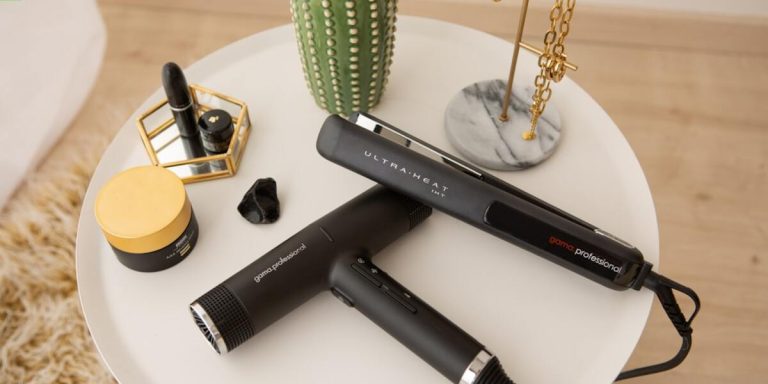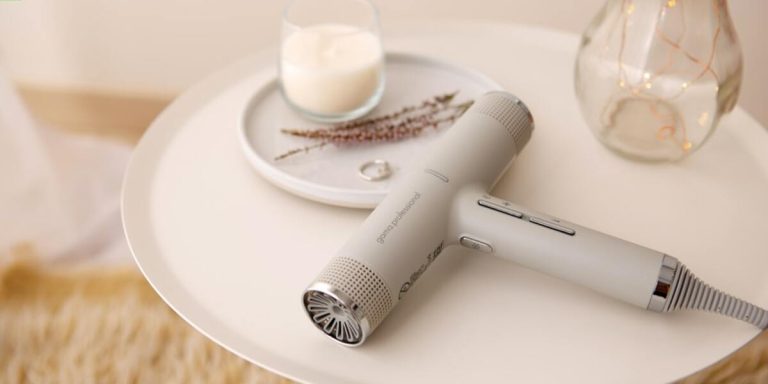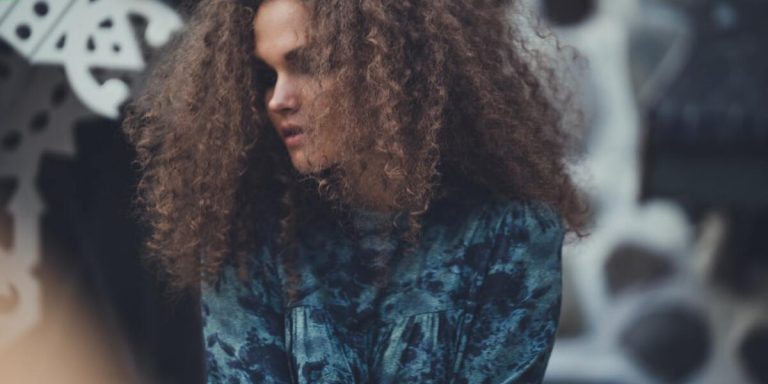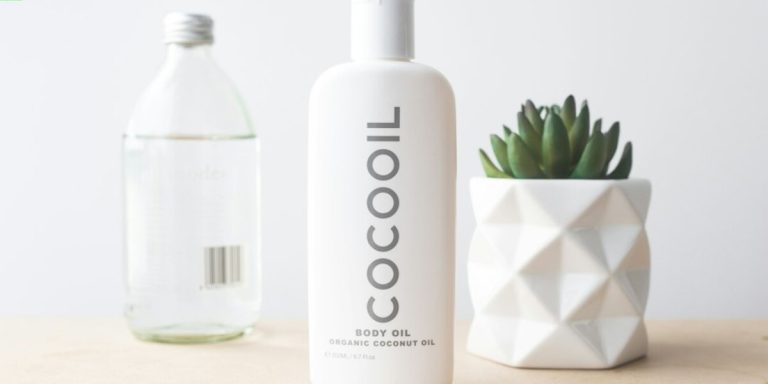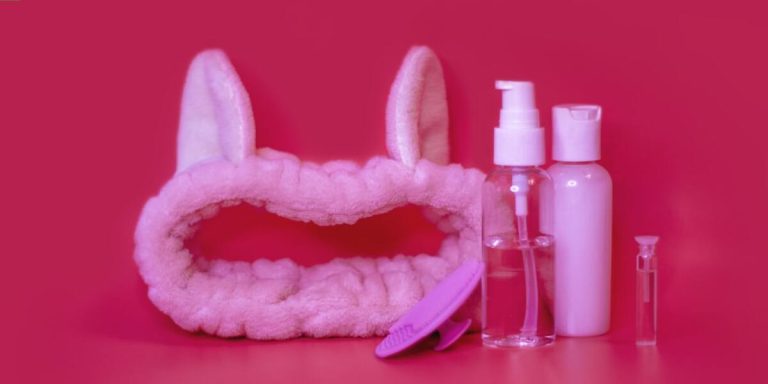HRT and Hair Regrowth: A Comprehensive Guide into the Connection
Hair loss is a prevalent issue that affects both men and women, severely impacting their psychological well-being. One of the lesser-explored causes of hair thinning or baldness is hormonal imbalance which brings us to discuss “hrt and hair regrowth”. Hormone Replacement Therapy (HRT) has been recognized as having significant effects on maintaining our body’s functions, including stimulating hair growth.
The link between HRT and hair regrowth may seem complex at first glance but understanding how hormones influence your locks can shed light on this intricate subject matter. Delving into scientific researches uncovers multiple facets about the role hormones play in promoting or hindering healthy follicular activity. Stick around as we unfold an unbiased analysis into the connection between hormone replacement therapy and invigorating hair health.
Did you know?
A little-known fact is that Hormone Replacement Therapy (HRT) can stimulate hair follicles, leading to thicker and fuller regrowth. This often surprises individuals experiencing thinning or balding due to hormonal imbalances.
Understanding the Link Between HRT and Hair Regrowth
Hormone Replacement Therapy (HRT) has been a game changer in the medical field, with its various benefits widely acknowledged. Primarily used to ease symptoms of menopause among women, it is now being recognized for another unexpected yet beneficial effect – hair regrowth. As many as 40% of individuals experience noticeable hair loss by age 35, making HRT not just an aesthetic consideration but also a signifier for health and youthfulness.
The principle behind this surprising link between HRT and hair growth lies in hormone balance. Hair follicles are sensitive to hormonal changes within the body; thus when hormones fluctuate during life phases such as puberty or menopause – they directly impact our tresses causing either lushness or sparseness accordingly. In particular, estrogen which increases during HRT encourages fuller and more robust strands whereas testosterone often leads to thinning.
Don’t get too caught up in the immediate results of hormone replacement therapy (HRT) due to its potential long-term side effects, such as an increased risk of certain cancers and cardiovascular diseases. Consult carefully before starting your journey toward better-looking hair through HRT.
Explore all available routes, including safe alternatives like herbal supplements specifically designed to promote healthy scalp conditions and foster new hair production, before starting any drastic treatments.
The Role of Hormone Replacement Therapy in Promoting Scalp Health
Hormone Replacement Therapy (HRT) is a common treatment in mitigating menopausal symptoms, but it may also play an essential role in promoting scalp health and hair regrowth. This strategy primarily involves the supplementation of hormones such as estrogen to balance body functions that might have been affected by hormonal changes.
Firstly, we need to understand how HRT works. It typically seeks to replace or supplement declining hormone levels – particularly estrogen and progesterone – which are known for maintaining healthy skin tissues including your scalp. A decrease in these vital hormones results into thinning hairs among other signs like dry skin.
Estrogen specifically has proven beneficial for hair growth as it extends the growth phase of the life cycle of a strand of hair. With longer growing durations facilitated by adequate presence of estrogenic compounds, you can expect thicker fuller head coverings over time when on Hormonal replacement therapy regimen.
The effects are not only limited to women undergoing menopause transition stage though! Men receiving HRT treatment due to low testosterone levels commonly report positive turnarounds too with bald patches filling up gradually within months after commencing their prescribed therapeutic schedules.
However, while discussing potential benefits attributed towards integration between hrt and hair regrowth strategies , let’s not overlook associated risks either since what works wonderfully well one person doesn’t necessarily guarantee similar outcomes another individual post-treatment . Some side effects related include breast tenderness , mood swings , etcetera .
Scientific Insights: How Estrogen and Testosterone Impact Follicular Dynamics
Hormone Replacement Therapy (HRT) has seen a significant growth in usage, particularly in the field of dermatology. Key among this is its influence on hair regrowth – an area that continues to puzzle scientists and physicians alike.
The impact of HRT, specifically estrogen and testosterone, towards follicular dynamics sheds light on new ways to combat premature baldness or alopecia. Let’s delve into this topic further.
Estrogen plays a pivotal role when it comes to your hair health. These hormones help prolong the growing phase of our hair cycle known as Anagen phase thus leading healthier-looking locks with increased longevity.
Evaluating Treatment Options: HRT Types Beneficial for Hair Growth
As we progressively advance in the field of medical science, Hormone Replacement Therapy (HRT) has emerged as a promising treatment for countering hair loss problems. In context to HRT and hair regrowth, research indicates that certain types of this therapy can be quite beneficial for stimulating new follicle growth and restoring previously lost locks.
One way HRT achieves these impressive results is by rebalancing hormonal levels playing directly into the health of your scalp and strands. Primarily used to alleviate menopausal symptoms such as hot flashes or mood swings, specific components within these therapeutic compounds also promote healthier hair cycles by inhibiting an enzyme known as 5-alpha reductase which converts testosterone into dihydrotestosterone (DHT), a hormone considered detrimental to healthy follicle function.
It’s critical however, not all forms of HRT are equally useful when it comes down to battling baldness. Certain treatments like Bioidentical Hormone replacement therapy – using hormones derived from plant estrogens identical on molecular level with those produced naturally inside human body – have exhibited more pronounced effects towards fostering thicker tresses compared than their counterparts.
Comparing Efficacy: Bioidentical vs. Synthetic Hormones for Thicker Locks
While exploring various HRT and hair regrowth solutions, it’s essential to compare two main types: bioidentical hormones vs synthetic hormones. Each presents unique benefits that contribute to thicker locks, and understanding their efficacy can help you make an informed decision.
Bioidentical hormone replacement therapy (BHRT) boasts of a big fan base thanks to its natural origins. These are identical in molecular structure to the hormones we naturally produce in our bodies. Hence, they integrate seamlessly into our system causing fewer side effects while enhancing the body’s ability for hair regrowth as part of their multiple function spectrum.
Navigating Side Effects and Optimizing Dosage for Maximum Hair Recovery
Navigating the world of hair regrowth through Hormone Replacement Therapy (HRT) often involves understanding different HRT types, their benefits and side effects. When it comes to “hrt and hair regrowth,” there’s no one-size-fits-all solution; optimal results typically come from customizing dosage based on individual needs.
Firstly, let’s shed some light on potential side effects associated with employing HRT for enhancing hair growth. Some people may experience slight skin irritation or dryness in the initial days of starting their treatment. Others might notice a change in body weight due to fluctuations in hormone levels caused by these therapies.
However, these are usually temporary issues that resolve once your body adapts to the new hormonal balance.
The key is not fear but being prepared and informed about such possibilities while taking necessary precautions—like having regular consultations with your healthcare provider who can guide you through any concerns related to hrt and hair regrowth treatments.
When we talk about optimizing dosages for maximum recovery, again personalization becomes essential ingredient here too! A dose that works wonders for someone else might not yield similar fruits for you because everyone’s hormone level differs vastly hence requiring an unique approach towards getting most out of every therapy session!
Success Stories and Case Studies of HRT Aiding Hair Regeneration
Hair Regeneration Therapy, fondly known as HRT, has been making waves in the hair regrowth industry recently. Be it from renowned dermatologists or ecstatic patients; countless success stories hoist its efficacy in reversing hair loss issues. The year 2023 seems to be pivotal for this cutting-edge technology as more and more individuals are reporting significant improvements after undergoing HRT.
Staying true to our promise of delivering factual content about ‘hair regrowth’, we’d like you to take a look at some researched case studies that explicitly address HRT’s power. One such instance involves a male client aged 45 who suffered extreme thinning on his crown area prior to considering HRT treatment. Within just three months post-treatment, he noticed considerable density improvement and healthier growth patterns which steadily progressed over time.
Furthermore, clinical trials have also supported these anecdotal instances by showing measurable results of enhanced follicular health and increased scalp coverage among participants receiving regular treatments.The spotlight is not short on women either – several females with noticeable pattern baldness reported remarkable changes when they realigned their hopes with Routine Hormone Treatment plans.
These accounts provide newfound optimism within millions experiencing progressive hair fall across the globe.Put simply,HRT holds an impressive mirror reflecting tangible solutions addressing both female & male patterned baldness.Next time someone questions “Can hormone therapy really aid hair regeneration?”- Let them know your answer stands resolute: Yes!
Real-Life Outcomes: Documented Improvements in Hair Volume Post-HRT
Experiencing hair thinning or loss can be a painful journey. However, there are several instances where Hormone Replacement Therapy (HRT) has come to the rescue for many individuals struggling with this issue. Let’s delve into some real-life outcomes showcasing how HRT and hair regrowth have become synonymous in recent years.
Firstly, let’s talk about Mark. At 45, he started experiencing significant male pattern baldness. Traditional therapies didn’t yield fruitful results; despair was creeping in until his doctor suggested trying HRT which gave him hope again.
Six weeks post-HRT initiation marked noticeable changes—an increase in overall volume and decreased hair shedding rates were evident during showers and combing sessions. A whole year later? His thicker mane proved as visual testament of successful transformation via HRT.
Analyzing Long-Term Results of Hormone Therapy on Alopecia Reversal
Hormone Replacement Therapy (HRT) has emerged as a breakthrough in the arena of hair regrowth, particularly for those grappling with alopecia. As we dive deep into this topic, it’s interesting to observe how HRT influences hair regeneration and its long-term effects on alopecia reversal.
The principle behind HRT is simple – it replenishes diminished hormones to restore balance within the body. This process can foster an environment conducive for promoting natural hair growth when hormonal imbalances have been identified as a root cause of thinning or loss.
There are numerous testimonials that echo positive outcomes from implementing hormone therapy in their fight against baldness. For instance, many women struggling with Polycystic Ovarian Syndrome (PCOS), marked by chronic hormonal imbalance leading to extensive hair loss, noted significant improvements after opting for HRT treatment protocol.
Similar affirmations come from men battling androgenetic alopecia who underwent testosterone regulating therapies and witnessed visible improvement in their scalp health and overall pattern of re-growth. These narratives only help fortify our understanding about hrt and hair regrowth being closely intertwined phenomena.
Conclusion
In conclusion, the science behind HRT and hair regrowth continues to evolve. The journey towards a full head of hair might be fraught with challenges but understanding these intricacies can equip you for an informed choice. With this guide in hand, you’re now prepared to make the right decision when it comes to your health.
And don’t stop here! We encourage you delve deeper into our wealth of information about hair regrowth on our website. Empower yourself by staying well-informed because knowledge truly is power when it comes to tackling something as personal as one’s own body.
This way, whatever path strikes your fancy will find its roots nurtured in proper research and credible facts.


